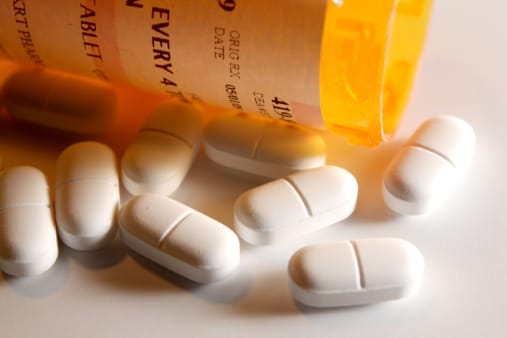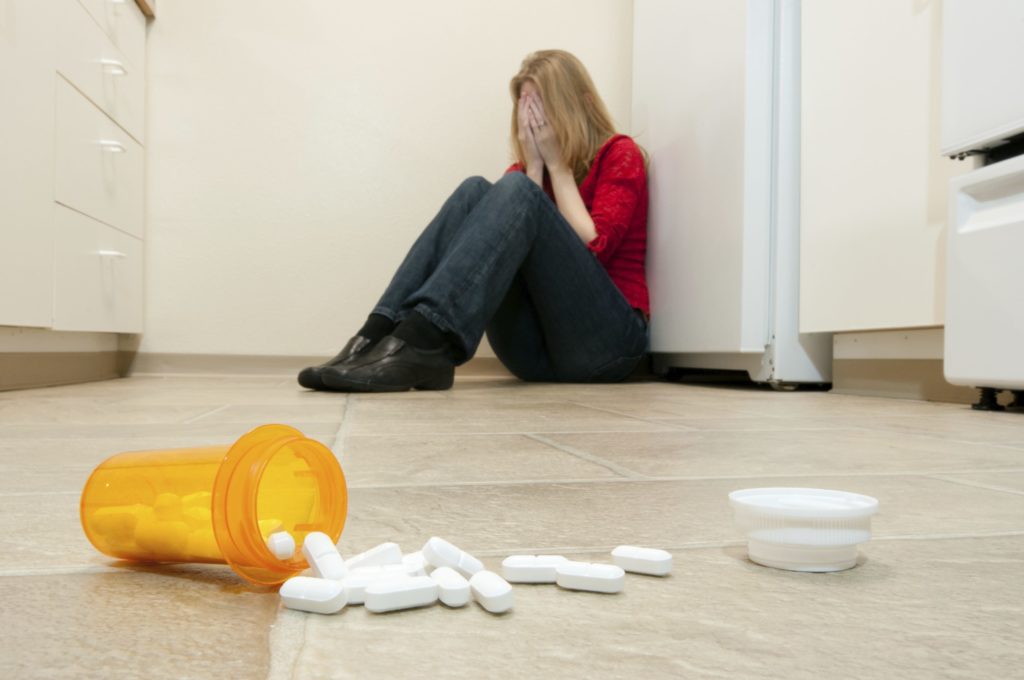Heroin and drugs with similar properties are becoming more and more accessible and in unexpected forms. One of the newest methods to seek an opioid high involves an antidepressant found in dietary supplements, which can be legally purchased at convenience stores and gas stations. Unfortunately, because this antidepressant has opioid-like qualities, it can have the same harmful effects—including addiction—as drugs like heroin.
If you suspect someone you care about may be taking this not for its intended use and abusing it for its opioid-like qualities, you should address this with them right away. They may eventually transition into using actual heroin. Getting professional help at a heroin rehab sooner rather than later will make sure harmful addiction-related behaviors don’t ruin their life. Contact The Right Step online or call 17135283709 to learn more about synthetic drugs like the problematic substance typically called “gas station heroin.” and how they can be harmful.
What You Should Know About Gas Station Heroin
The slang terminology of “gas station heroin” refers to tianeptine, which is an antidepressant medication used to treat depression, anxiety, and other conditions in other countries.
Learning About Tianeptine’s Legal Status
While the Food and Drug Administration (FDA) hasn’t approved tianeptine for marketing or sale in the United States, it’s not on the list of federally controlled substances. This creates a gray area that allows tianeptine to be purchased online domestically and in dietary supplements such as ZaZa or Tianna Red, which are available at gas stations and convenience stores.
As an antidepressant, tianeptine increases serotonin levels in the brain, creating a feeling of calm. Those abusing gas station heroin are chasing this calming or numbing effect and taking more and more of it to achieve the desired effect. Unfortunately, because it produces these opioid-like symptoms, it has the same potential for abuse and addiction as an opioid like heroin.
Recognizing the Side Effects of Gas Station Heroin
In addition to the risk of addiction, tianeptine can have serious side effects, such as:
- Disrupted sleep patterns
- Migraines
- Nausea
- Lack of equilibrium
- Cramps
- Gastrointestinal issues
- Dry mouth
- Anxiety
- Paranoia
- Change in blood pressure
Like any drug, withdrawal symptoms can set in when a user stops taking the drug following regular use. These symptoms can be dangerous and should be managed under medical supervision.
Understanding the Difference Between Tianeptine and Real Heroin
It’s understandable to have concerns when you hear the term “gas station heroin,” but it’s important to clarify that this doesn’t refer to actual heroin. While tianeptine isn’t chemically the same as heroin, its opioid-like qualities can lead to similar addiction patterns and harmful side effects. This misleading moniker underscores the potential danger of using tianeptine outside its intended medical context. Understanding this distinction is vital in evaluating the risks associated with this substance and why seeking professional support is essential for anyone struggling with addiction to its effects.
How Heroin Rehab or Other Treatment Programs Can Help
Synthetic drugs like tianeptine are as addictive as opioids like heroin and should be treated the same way. When you join a drug treatment program, medical professionals customize your experience to meet your needs. For example, those with severe addictions may require inpatient treatment, while outpatient options are better for individuals with family or work commitments that need them to return home daily. Treatment programs typically include:
- Medically supervised detox
- Inpatient rehab
- Partial hospitalization program (PHP)
- Intensive outpatient program (IOP)
- Dual diagnosis treatment
- Aftercare
Each program can encompass a variety of therapies, including traditional talk therapies, behavioral therapies, and experiential therapies. Cognitive-behavioral therapy (CBT) and dialectical behavior therapy (DBT) help to identify triggers to the addiction. Medication-assisted treatment (MAT) can help better manage cravings, and experiential therapies can give clients a more constructive outlet to replace drug use.
Start Addiction Treatment at The Right Step Today
If you or someone you know is struggling with substance abuse of any kind, help is available. Contact The Right Step online or call 17135283709 to find a location and program that works best for you.






